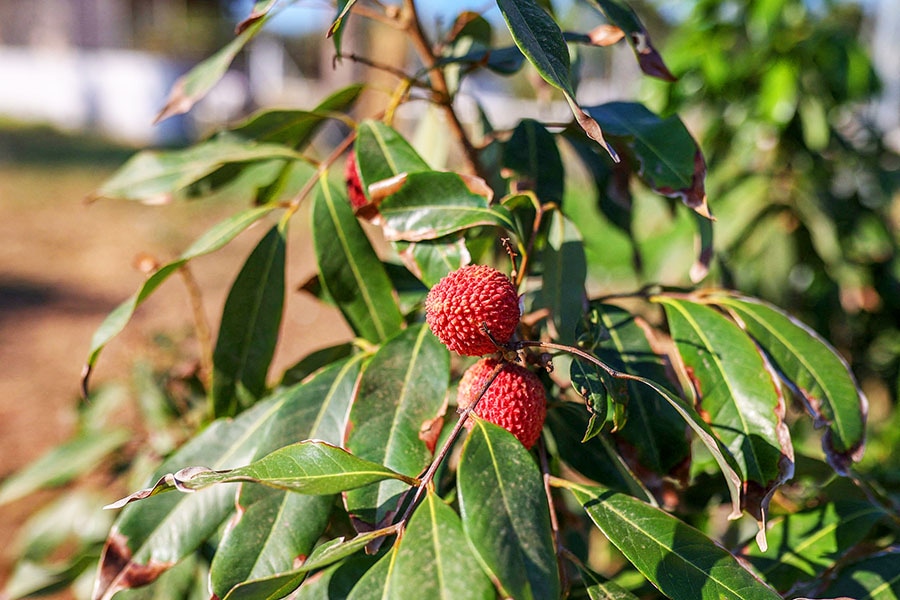
Greeks try tropical crops in climate change experiment
The initiative is part of a study by Greek state agriculture institute Demeter to determine whether tropical fruits could help address the country's looming drought problem
 A small number of Greek growers are turning to tropical fruits—mangoes, avocados, lychees, cherimoya and macadamia nuts.
Image: Aris Oikonomou / AFP©
A small number of Greek growers are turning to tropical fruits—mangoes, avocados, lychees, cherimoya and macadamia nuts.
Image: Aris Oikonomou / AFP©
Stirring the leaves of a shrub on his farm in Kyparissia, western Greece, Panos Adamopoulos spied the first soon-to-be-ripe mangoes—his share of a state experiment against climate change.
"Right there!" he exclaimed.
For decades, this fertile land on the shores of the Ionian Sea has been mainly known for olives, in addition to watermelon and other crops.
But even this part of Greece that sees more rain than other parts of the country is grappling with the effects of drought.
After the warmest winter on record, Greece also experienced the hottest June and July since reliable data collection began in 1960.

















